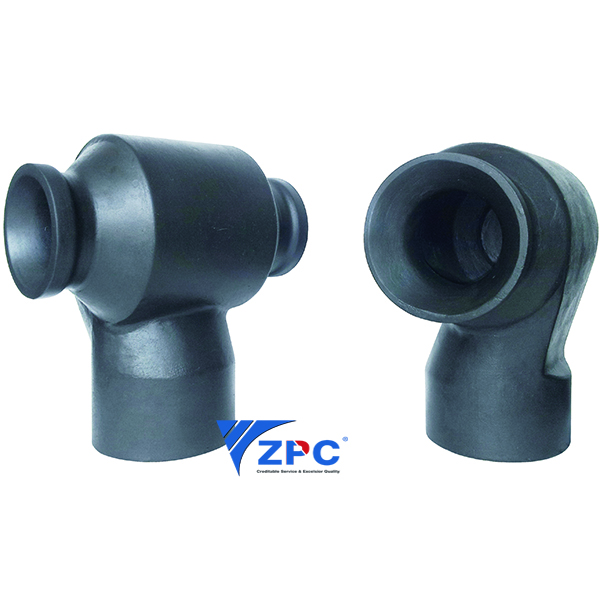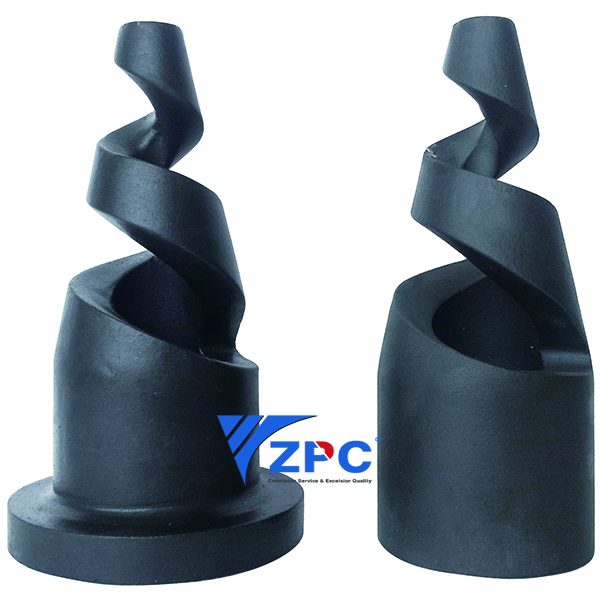The research article 'Silicon carbide filters and porous membranes: A review of processing, properties, performance and application' has been pubished in Elsevier's Journal of Membrane Science (Volume 610, 1 September 2020, 118193).
Silicon carbide (SiC) filters and porous membranes is a growing industry with deployment for gas and liquid separation processes. In view of its importance, the research efforts into the development of SiC filters and membranes are of growing interest around the world. Therefore, this review paper is focused on the latest advancements in SiC and SiC composites used for the preparation of substrates and thin films in filters and membranes. Silicon Carbide Rollers

There is a multitude of methods used to prepare filters and membranes of different shapes (tubular, honeycomb, flat sheets and multi-channel), which are influenced by precursor mixture and sintering conditions. In turn, these processing conditions affect porosity and pore size, which affects the transport and separation properties of SiC filters and membranes. SiC particles size and distribution allow for the precise control of pore size in membranes, leading to high gas separation factors. In addition, SiC has strong thermal stability properties that are very desirable for high temperature gas cleaning. Together with gas and liquid transport and separation properties, this review also addresses the potential applications in gas and liquid separation processes, coupled with thermal/chemical stability properties. Future challenges are highlighted towards further research efforts.

Sintered Silicon Carbide Access the complete article on ScienceDirect.